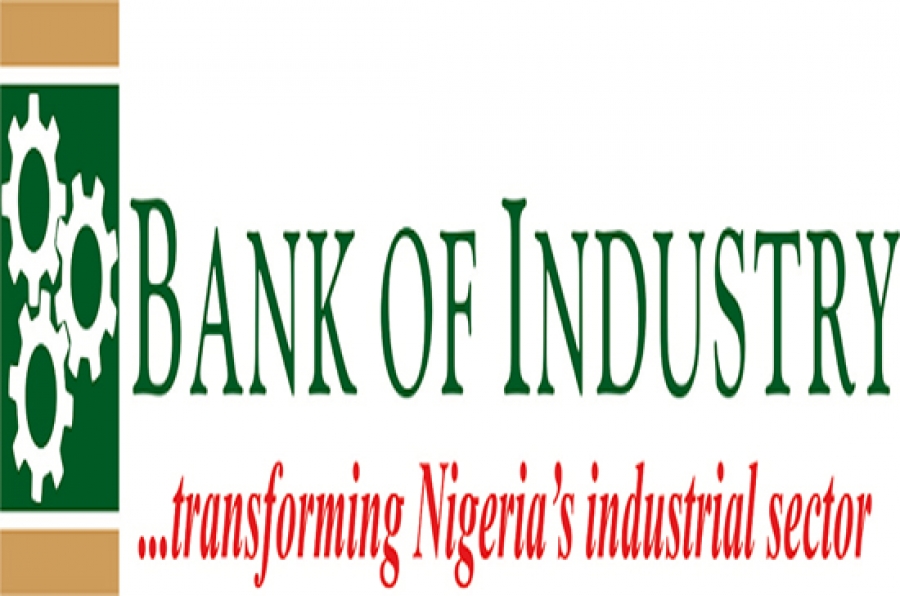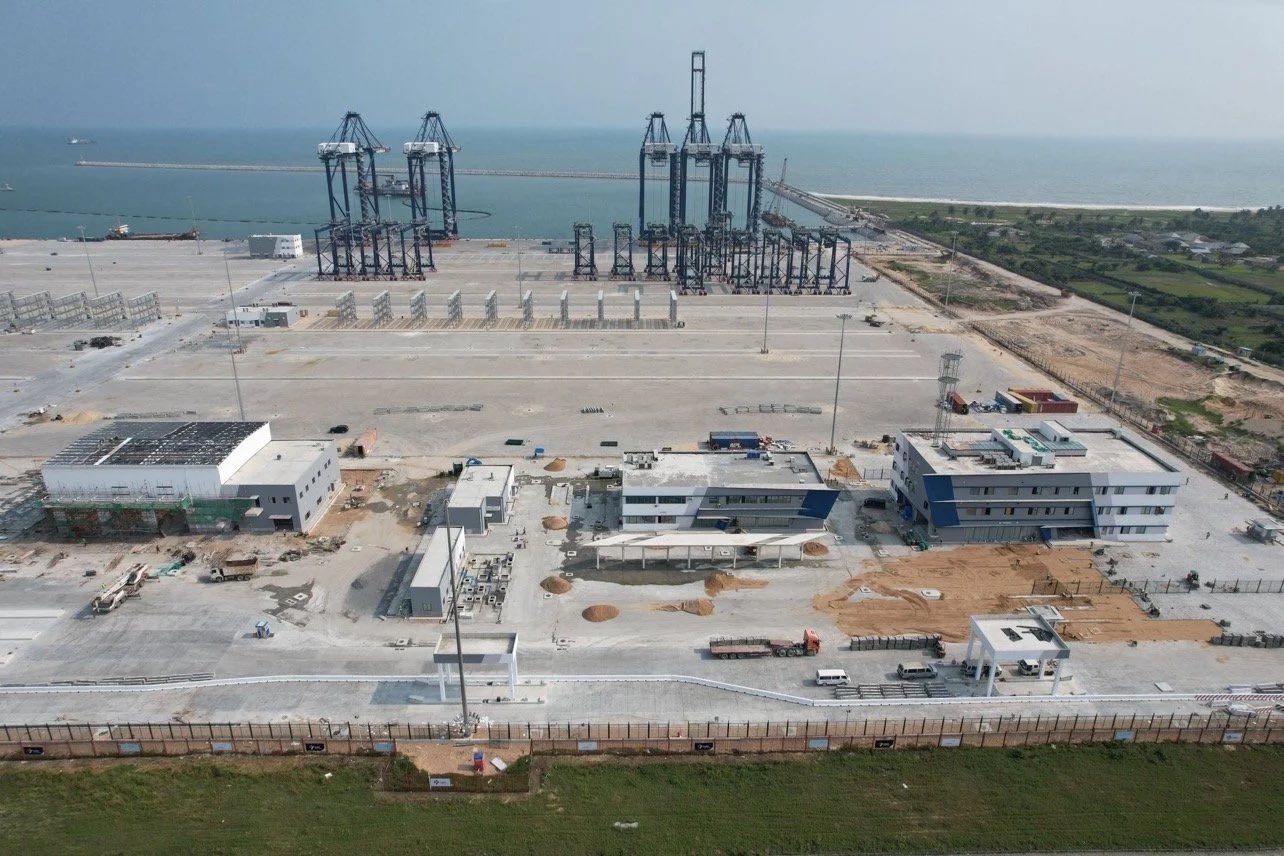Microsoft Corporation has announced plans to inject $2.2 billion into Malaysia’s digital infrastructure over the next four years.
This investment shows the company’s determination to harness the potential of Southeast Asia’s burgeoning technology market.
During his visit to Kuala Lumpur, Microsoft’s Chief Executive Officer, Satya Nadella, revealed the company’s ambitious agenda, which encompasses the construction of essential infrastructure to support its cloud computing and artificial intelligence (AI) services.
Nadella also outlined plans to provide AI training to 200,000 individuals in Malaysia and collaborate with the government to enhance the nation’s cybersecurity capabilities.
The move comes amidst intensified competition among tech giants, including Alphabet Inc., Amazon.com Inc., and Alibaba Group Holding Ltd., to gain a foothold in Southeast Asia’s rapidly digitizing landscape.
With a population exceeding 650 million people, the region presents a lucrative market for tech companies seeking to expand their operations beyond traditional strongholds like China.
“We are committed to supporting Malaysia’s AI transformation and ensure it benefits all Malaysians,” stated Nadella.
During his visit, Nadella met Prime Minister Anwar Ibrahim and discussed the importance of collaboration between the public and private sectors in driving digital innovation.
Microsoft’s investment not only serves to fortify Malaysia’s technological infrastructure but also aligns with the company’s broader strategy to assert its presence in the Asian market.
Nadella has previously pledged a substantial sum of $7 billion to bolster Microsoft’s services across the region, emphasizing the pivotal role of AI as a catalyst for growth and urging countries to ramp up investment in the technology.
In Malaysia, the southern region of Johor Bahru, linked to Singapore by a causeway, is emerging as a key hub for AI data centers.
The partnership between Nvidia Corp. and local utility YTL Power International Bhd. to establish a $4.3 billion AI data center park in the area underscores the region’s growing significance in the realm of digital infrastructure.
While AI adoption in Southeast Asia is still in its nascent stages, experts predict significant economic benefits with the potential to add approximately $1 trillion to the region’s economy by 2030.
Malaysia is poised to capture a substantial portion of this growth with estimates suggesting a potential windfall of around $115 billion for the country.
Microsoft’s commitment extends beyond Malaysia, as the company announced similar investments during Nadella’s regional tour.
In Indonesia, Microsoft unveiled a $1.7 billion investment plan, while an undisclosed amount was pledged for initiatives in Thailand. Notably, Microsoft intends to invest approximately $1 billion in a new data center in Thailand, as reported by the Bangkok Post.


 Forex4 weeks ago
Forex4 weeks ago
 Naira3 weeks ago
Naira3 weeks ago
 Billionaire Watch3 weeks ago
Billionaire Watch3 weeks ago



 Naira3 weeks ago
Naira3 weeks ago






 Naira3 weeks ago
Naira3 weeks ago


 Naira2 weeks ago
Naira2 weeks ago






 Naira2 weeks ago
Naira2 weeks ago
 Commodities4 weeks ago
Commodities4 weeks ago






















